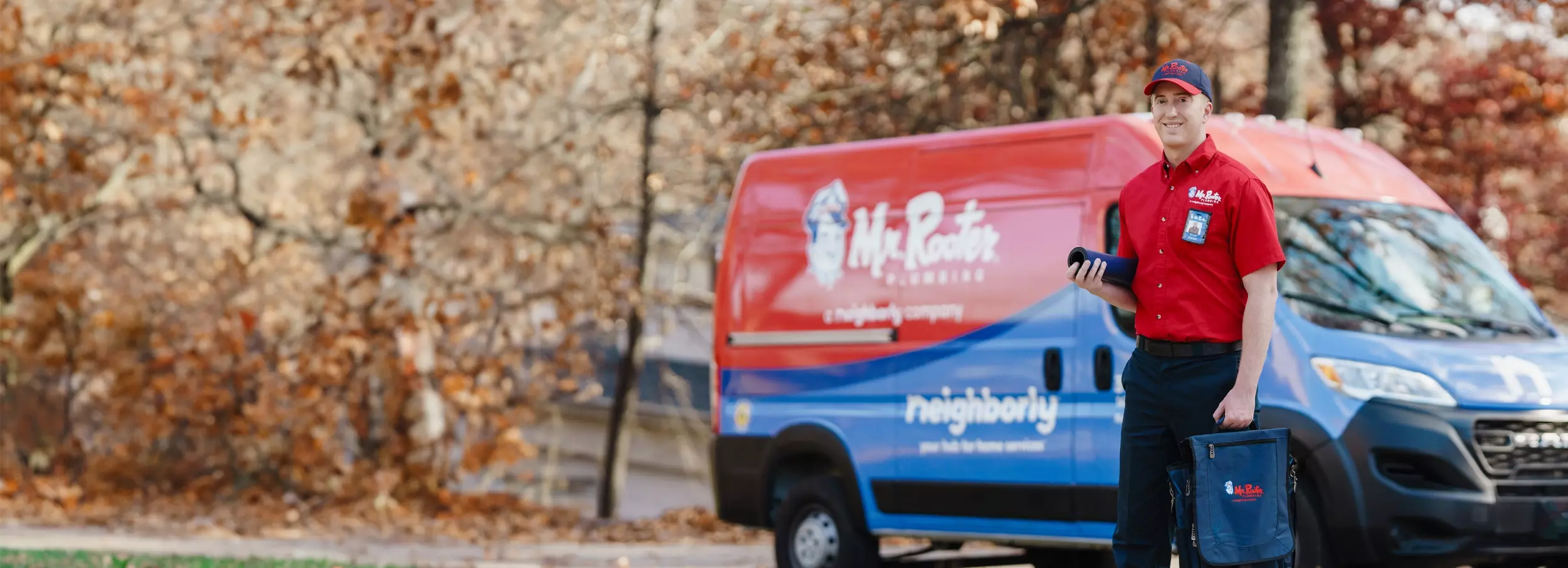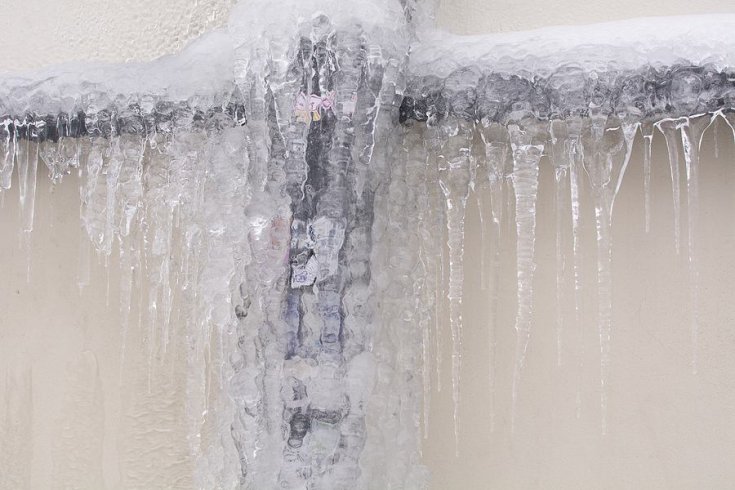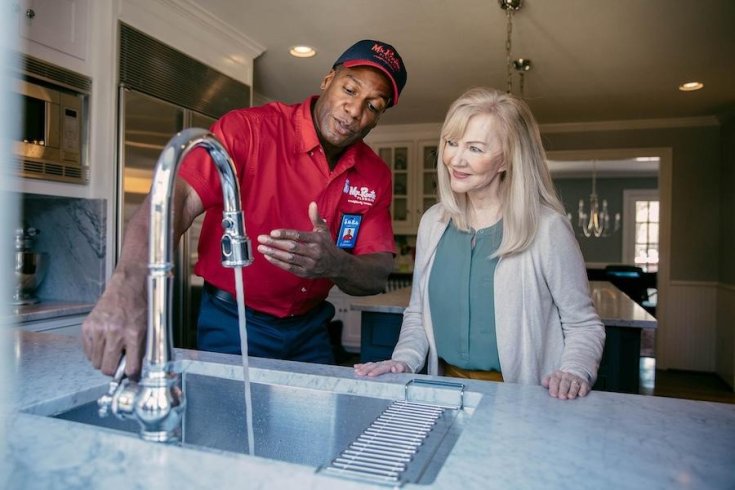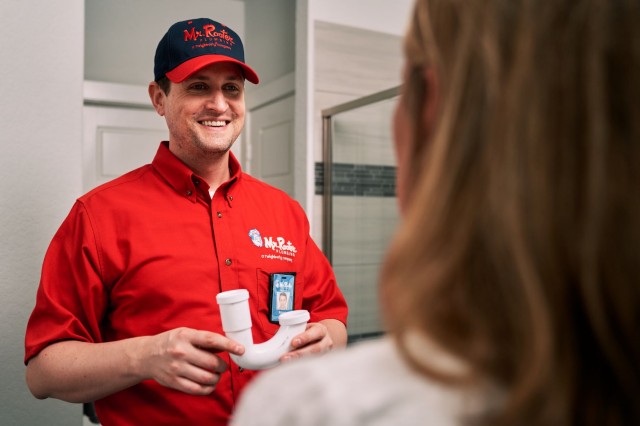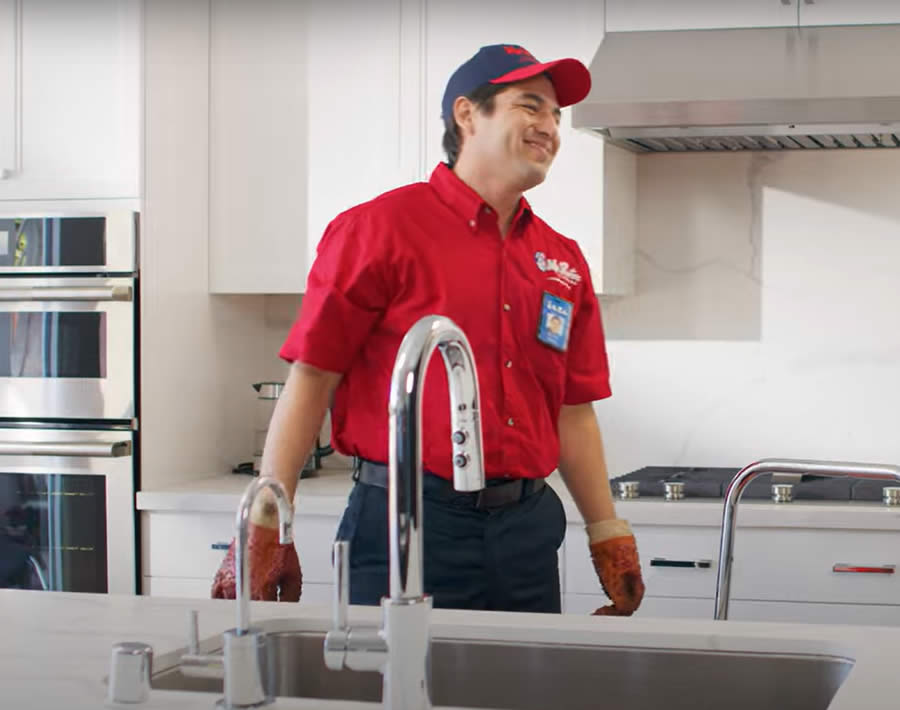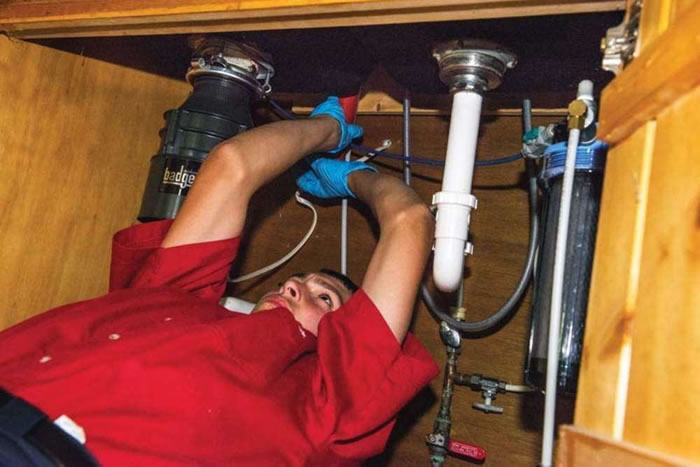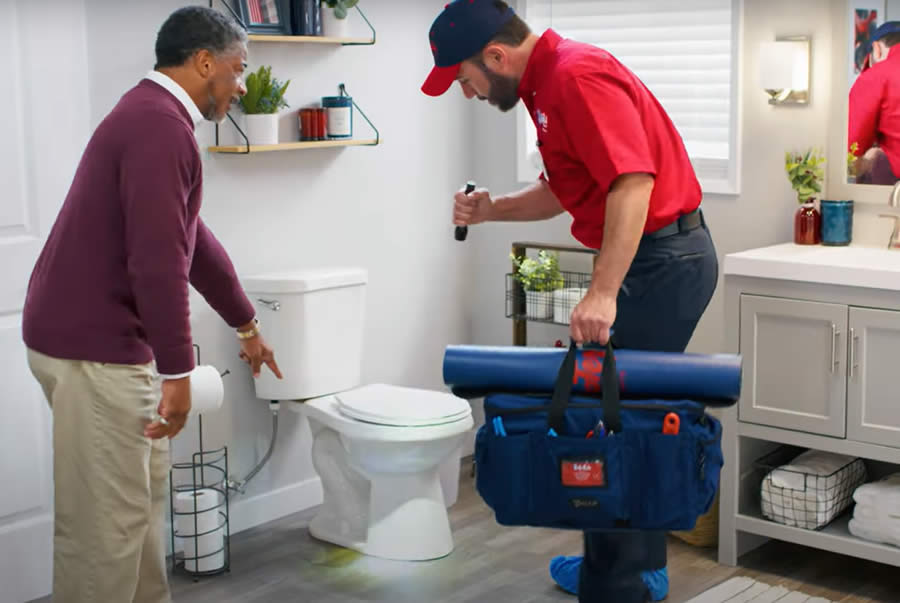How to Prevent Frozen Pipes
When temperatures dip below freezing, pipes become susceptible to freezing and bursting, resulting in serious water damage and costly repairs that must be addressed immediately. You can help safeguard against freezing pipes by taking effective preventive steps against their freezing and bursting. Following these simple tips by Mr. Rooter Plumbing, you can avoid calling a plumber or needing a major plumbing repair service to deal with burst pipes.
Why Do Pipes Freeze?
When water inside pipes gets cold enough, it can freeze and expand. Water expands about 9% when it freezes, sufficient to put tremendous pressure on your pipes, potentially causing them to crack or burst. Pipe breakage could result in severe flooding throughout your home and necessitate repair work or even complete repiping in Edinboro, PA, necessitating costly pipe repair jobs or a complete overhaul.
Insulate Exposed Pipes
One of the best ways to prevent pipes from freezing is to insulate any exposed pipes in your home. Insulating materials like foam tubing or pipe sleeves can be purchased at most hardware stores, and they are simple to install. Wrapping your pipes in insulation helps them retain heat and stay above freezing temperatures.
If you’re unsure which insulation materials to use or how to install them properly, consider contacting a plumbing service. A plumber can help identify the areas of your home most at risk and recommend the best types of insulation for each type of pipe.
Keep Your Home Warm
When it’s cold outside, keeping your home warm is another effective way to prevent frozen pipes. Set your thermostat to at least 55°F, even if you’re away for an extended period. This temperature is warm enough to keep the interior pipes safe from freezing. For colder areas in the home, such as the basement, use space heaters to keep the area above freezing.
If a pipe does freeze despite your efforts, acting quickly is essential. You can try to thaw it yourself with a hairdryer or heating pad, but be very careful to avoid open flames or overheating the pipe, which can lead to cracks. If you’re unsure what to do, call a plumbing repair service for help.
Let Faucets Drip Slightly
Letting faucets drip slightly is another simple but effective trick to prevent frozen pipes. Allowing a small amount of water to trickle through the pipes keeps the water moving, which prevents water from freezing, even with a slow drip. A plumber can help you identify the faucets in your home that would benefit most from a slow drip.
Seal Off Cracks and Drafts
Cold air seeping into your home can make it harder to keep your pipes warm. Look for cracks and drafts around windows, doors, and foundation areas where cold air can enter. Use caulk, weather stripping, or spray foam insulation to seal off these gaps, keeping the cold and warm air out.
Disconnect and Drain Outdoor Hoses
Leaving hoses connected to outdoor faucets can create problems for your pipes during freezing temperatures. The water left inside the hose can freeze and cause the faucet or pipe connected to it to burst. Be sure to disconnect all hoses from outdoor faucets and drain them before winter hits. If you’re unsure how to disconnect and drain your outdoor water sources, a plumbing service can help.
Know Where Your Shut-Off Valve Is
Even with the best prevention, there’s still a chance that a pipe may freeze and burst. If that happens, you must turn off your water quickly to prevent further damage. Familiarize yourself with how to turn it off, and ensure everyone in the household knows, too.
In the event of a burst pipe, shutting off the water can minimize damage and give you time to contact a plumber or plumbing repair service. If you’re unsure where the shut-off valve is, a plumber can help locate it and explain how to use it effectively.
Keep Cabinet Doors Open
Pipes in colder areas of your home, such as under the kitchen and bathroom sinks, can be more vulnerable to freezing. Suppose you’re dealing with particularly stubborn areas where pipes freeze often. A plumber may recommend more permanent solutions, such as pipe insulation or minor repiping work, to move pipes further away from exterior walls. A plumbing repair service can offer the best solutions for your specific situation.
Consider Pipe Heating Cables
Pipe heating cables are another effective option for pipes at risk of freezing. They plug into a standard outlet and use electricity to maintain a steady temperature, even in very cold conditions. Make sure to choose heating cables specifically designed for pipes, as using the wrong type could be dangerous. Call a plumbing service for assistance if you’re uncomfortable installing heating cables.
Mr. Rooter Plumbing
Preventing frozen pipes requires some preparation and attention to detail, but the effort is well worth it. If you’re ever in doubt about what to do, don’t hesitate to contact a plumbing repair service. They can provide expert guidance and, if necessary, handle any pipe repair or repiping to keep your plumbing system in top shape all winter.


